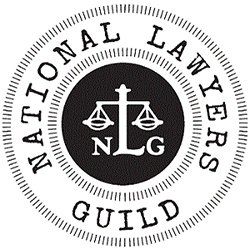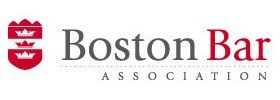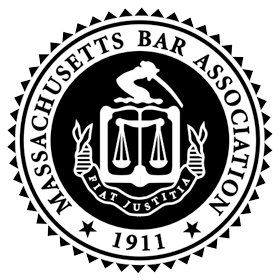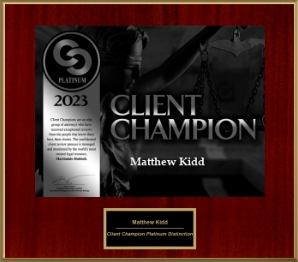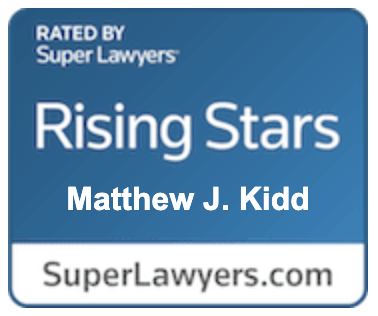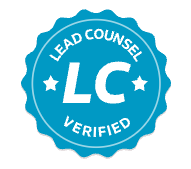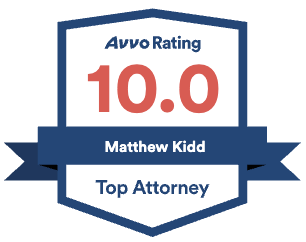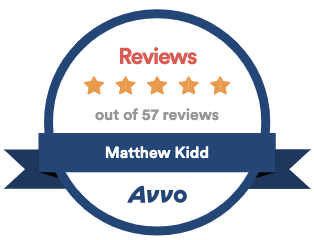4 things you should know on business bankruptcy
Thinking about bankruptcy? This short guide will provide you with crucial information that will help you determine whether bankruptcy is a good option to consider, the types of bankruptcy, and what to expect in the bankruptcy process.
-
When should a business consider filing for bankruptcy?
A business entity is usually created to generate profits for owners, investors, and shareholders. When a business is not profitable for an extended period of time, operating expenses and debt may accumulate forcing creditors to commence legal action and other collection activities against the debtor to collect on the delinquent debts.
A newly formed entity may have a business plan which accounts for three years of loss prior to reaching a break-even point; and an established entity may experience several quarters of slow or negative income growth due to external market factors.
However, if a business is not generating profits and unable to cover operating expenses and service debt for an extended period, the owner or management team my consider debt relief provided under the United States Bankruptcy Code as defined in Title 11 of the United States Code.
Many small and new businesses are financed by the owner’s personal credit and assets. If a business is unable to service its operational expenses and outstanding debt delinquent, becomes delinquent, owner’s personal assets and credit may be at risk. Bankruptcy, under Chapter 7, provides a way for the founder/owner or individual to liquidate all major assets for distribution to creditors and discharge most debt. Under Chapter 13, an individual or business owner may choose to keep major assets and continue with a business, and repay creditors with a court approved repayment plan.
Businesses formed with investment capital have a duty to maximize investor’s return on capital. If the business is not achieving that goal or making substantial progress thereof, if may be time to consider a bankruptcy option to reallocate capital and resources to more other opportunities and ventures.
Debtors who petition for bankruptcy relief should understand that some debts such as school loans, mortgages secured by property, and taxes, may not be dischargeable in bankruptcy.
-
What options does a business have when filing for bankruptcy
The most commonly used forms are bankruptcy are Chapters 7, 11, and 13.
Chapter 7
In a Chapter 7 Bankruptcy, all the debtor’s assets, except those exempt by federal or state law, will become part of a bankruptcy estate to be liquidated for the benefit of unsecured creditors, and the business will be terminated.Chapter 7 Bankruptcy is the simplest form of debt relief available, especially when the debtor has no substantial assets to surrender to the bankruptcy estate for liquidation (sale).Although theoretically all the debtor’s assets, (furniture, clothes, books), become part of the “bankruptcy estate” to be sold to satisfy creditors, most of the debtor’s personal belongings (unless of substantial value or secured by a home or car) will not be surrendered in a Chapter 7 Bankruptcy. Many personal items are exempt and protected from liquidation up to a certain value in the bankruptcy code or by state law. Generally, creditors will not come to your house and seize your computer or furniture to satisfy debts.
Chapter 7 bankruptcy is ideal for individuals with low or irregular personal or business income and who do not own substantial assets such a real estate or equipment, or expensive cars, and carry a substantial amounts of unsecured debt (credit cards, operating expenses).
When the Chapter 7 bankruptcy petition has been approved, the debtor’s unsecured debt will no longer be legally collectible by creditors.
Chapter 13
Business owners with regular income and valuable assets (real property, equipment, patents),who wish to continue operating their business and keep their valuable assets such as a home or car, can work out a repayment plan with creditors. The repayment plan is usually for a term of three to five years and must be approved by the bankruptcy court.While the repayment plan is in effect, creditors are not able to pursue wage garnishments, debt collection litigation, or other collections actions against the debtor.
While a Chapter 7 bankruptcy offers an individual or business immediate discharge of debt and liquidation of the business and assets, a Chapter 13 bankruptcy allows the debtor to keep the business and assets and only discharge the unsecured debt at completion of the repayment plan.
Chapter 11
Chapter 11 Bankruptcy, also referred to as a “Reorganization”, is generally utilized by larger corporations who want to continue operations while they repay creditors. The debtor (corporation) must submit a reorganization plan with a disclosure statement to creditors who will evaluate its feasibility the probability of recoupment from operational income and other sources.In a Chapter 11 reorganization, a corporation will attempt to regain profitability through a variety of tools including, a total discharge of some debt and repayment of others, termination of leases and other long term contracts, sale of certain assets or business lines, and a reduction in workforce.
- What is the process like of filing for business bankruptcy?
The debtor/entity meets with an attorney and must be provide a complete, honest, and accurate accounting of their financial situation including all income, expenses, assets, and intangible property rights such as patents, copyrights, and legal rights of action.The attorney will determine whether the debtor is eligible for bankruptcy protection based on a means test as defined in the bankruptcy code.
If the debtor is eligible and decides to proceed with a Chapter 7 bankruptcy, they will be required to take two online credit course designed to educate the individual regarding responsible financial management, prior to a final discharge of debt.
Next, the attorney files a bankruptcy petition, (a detailed accounting of the debtor’s finances). with the U.S Bankruptcy Court. As soon as the bankruptcy petition is filed, there is an automatic “stay” on all collection activity against the creditor. The stay is the bankruptcy court’s legal order that no creditor can take any legal action, unless approved by the court by motion, on any debts which the debtor has itemized in the bankruptcy petition.
The trustee is charged with liquidating all the debtor’s non-exempt property, with proceeds to be distributed to unsecured creditors on a pro-rata basis.
The bankruptcy court will then set a date for the meeting of creditors.
The meeting of creditors is a meeting among the debtor, debtor’s attorney, and a local trustee. The court appoints a local trustee (an attorney) to review the bankruptcy petition for compliance with the federal bankruptcy code and local rules. The creditors are allowed to attend to represent their interests as to the liquidation and distribution of the debtor’s assets (bankruptcy estate).
If there are no objections from the trustee or creditors at the meeting of creditors, the trustee submits the bankruptcy petition to the U.S. Trustee for final review prior to discharge.
If there are no objections from creditor and the U.S. Trustee approves the bankruptcy petition, the debtor receives an official Notice of Discharge from the United States Bankruptcy Court, and the process is complete.
-
What is the result of filing for bankruptcy?
Generally, Bankruptcy will stay on the debtor’s credit report for seven years. The individual cannot file another bankruptcy for eight years.
Bankruptcy offers the chance for a “fresh start”, to discharge or restructure debt, and either continue with a business or liquidate, keep ownership of certain personal property exempt from bankruptcy, and re-allocate resources to other ventures.
The debtor is given an opportunity to learn from past mistakes and overcome misfortune, but must provide his or her attorney, the U.S. Bankruptcy Court, local and U.S. Trustee, and creditors with a complete, accurate, and truthful representation of their financial situation.
The post 4 things you should know on business bankruptcy appeared first on Law Office of Matthew J. Kidd.









Achievements
OFFICE ADDRESS
PHONE
FAX
(617) 687-0444
OFFICE ADDRESS
PHONE
FAX
(617) 687-0444
© 2021 Law Office of Matthew J. Kidd. All Rights Reserved.
